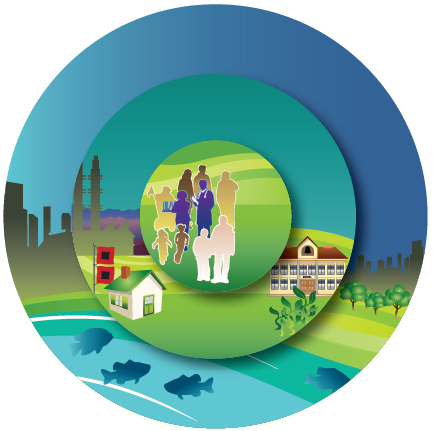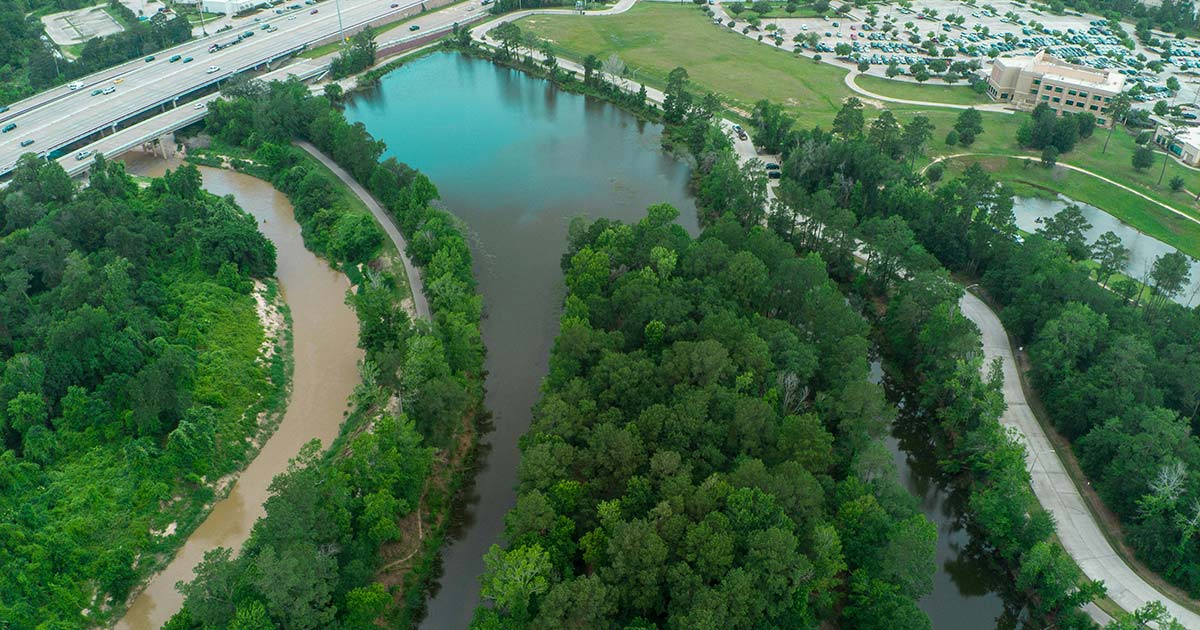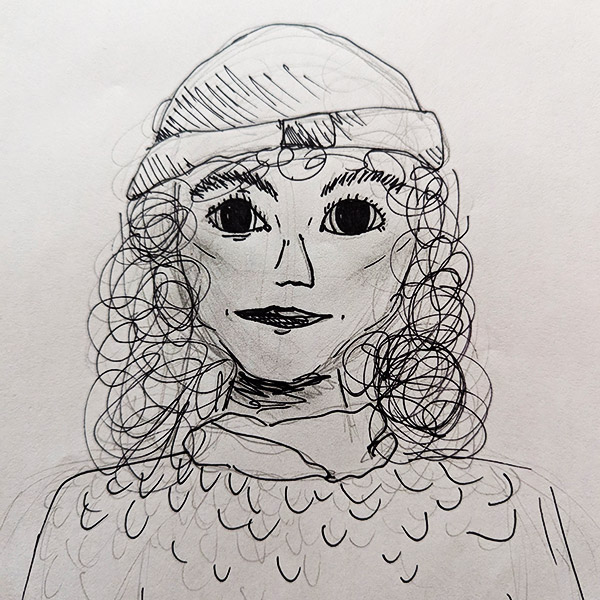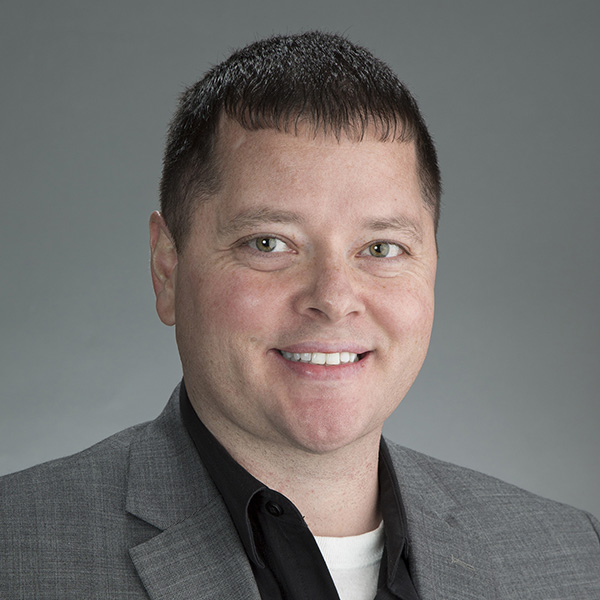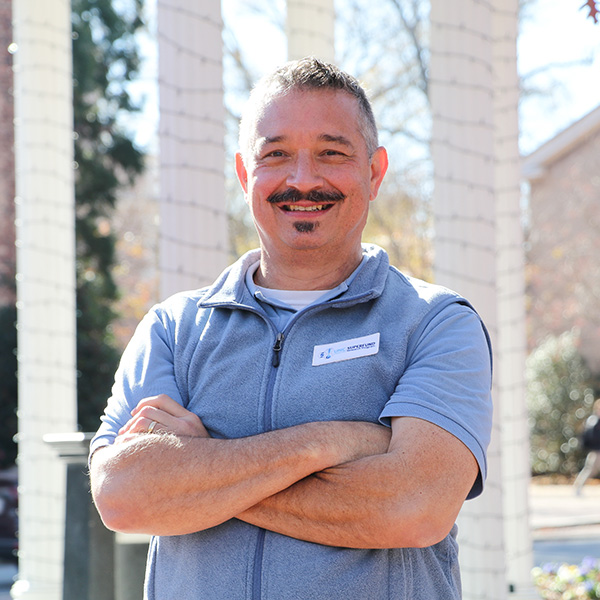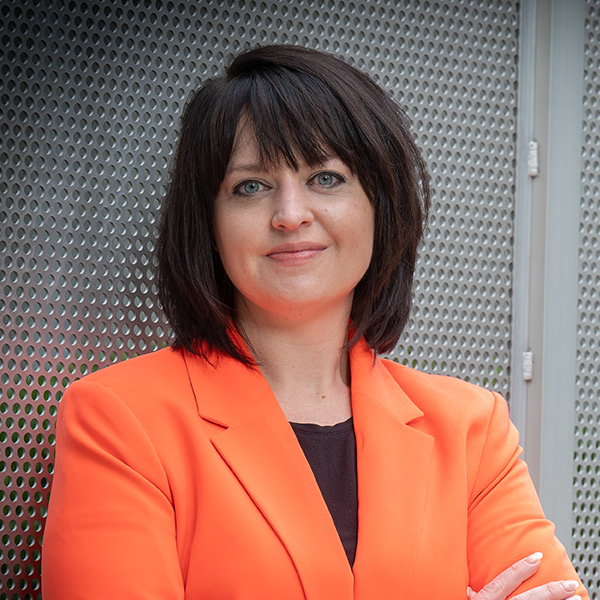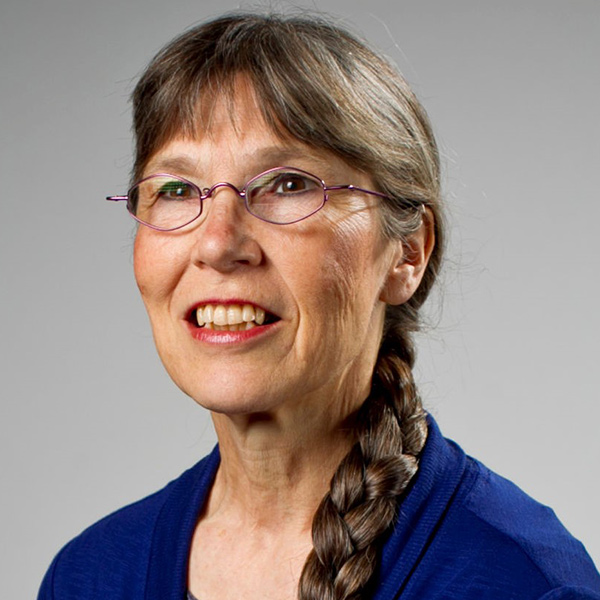Partnerships for Environmental Public Health (PEPH)
PEPH is a network of scientists, community members, educators, healthcare providers, public health officials, and policymakers who share the goal of increasing the impact of environmental public health research at the local, regional, and national level.
Learn more about PEPHPodcast: Environmental Health Chat Podcast Series
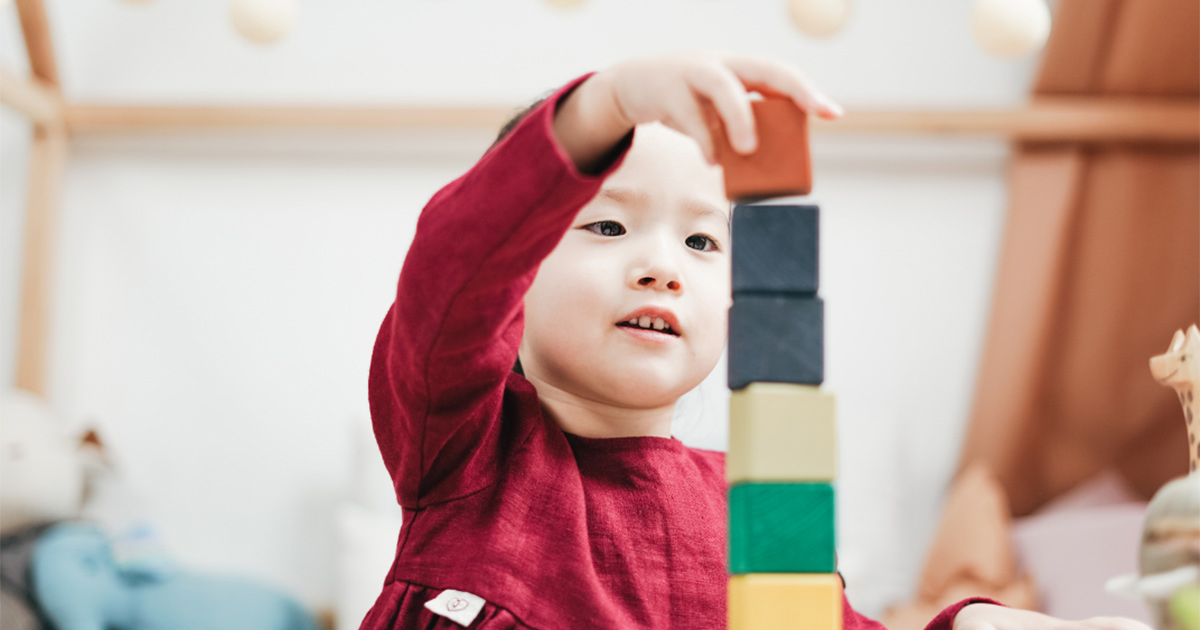
Autism and the Environment
March 22, 2024In this episode, we’ll hear from NIEHS-funded researcher Staci Bilbo, Ph.D., who studies how environmental exposures and stress, especially during early development in the womb, influence children’s brain and behavioral development.
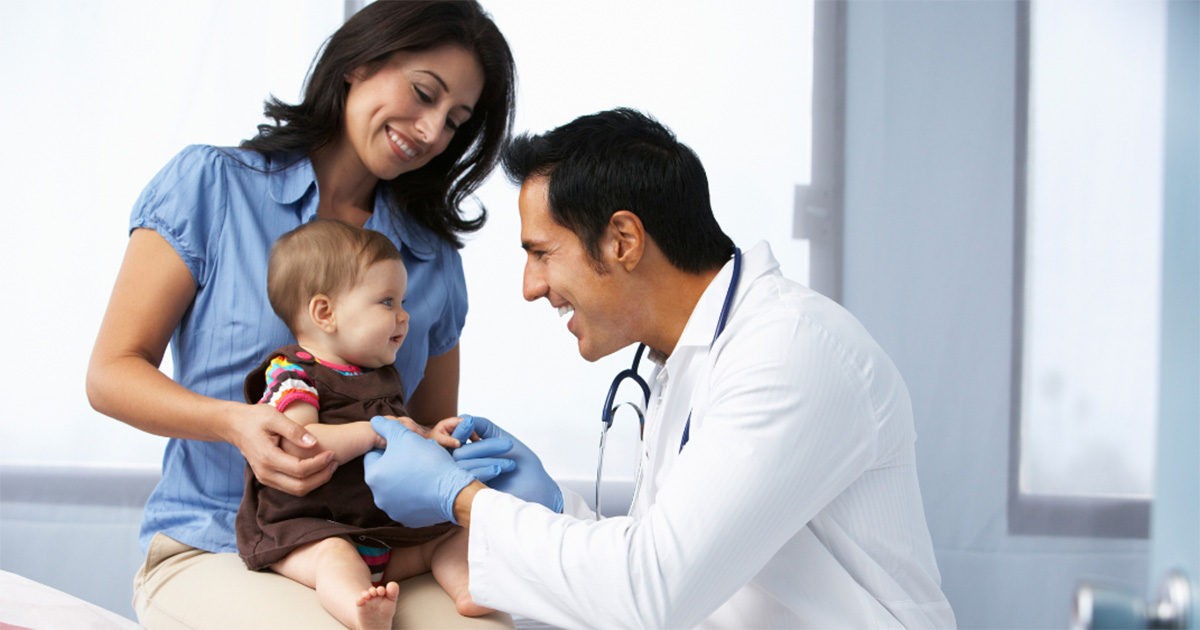
Incorporating the Environment Into Maternal and Child Health Care
February 26, 2024In this episode, we’ll hear how an NIEHS-funded program is teaching health care professionals about the many interactions that occur between children, pregnant women, new mothers, and their environment.
PEPH Resources
Healthy Families
eBook grounds the science of health in stories of fictional people, their families, and communities to enable readers to explore the risk factors for disease as well as how to prevent disease and promote health and resilience.
Answers to our most frequently asked questions about asthma and allergies.
The Western States PEHSU has an ongoing collaboration with the Center for Integrative Research on Childhood Leukemia and the Environment (CIRCLE) Community Outreach and Translation Core, working to educate clinicians and the public about environmental toxicants that increase the risk of childhood leukemia and other childhood diseases.
Healthy Spaces
The most effective method for removing lead dust combines vacuuming and wet wiping.
Popular graphics, thematic graphics and graphics related to research studies and projects available from the Environmental Health Centers based at USC.
Carbon monoxide (CO) is a gas with no odor, taste or smell. It can harm the health of anyone, even healthy people, by traveling through the bloodstream to the heart, lungs, and brain.
Healthy Communities
This document synthesizes existing science communication literature with insight from decision maker interviews to offer guidelines for translating and sharing environmental health research.
Temperatures are rising across the globe. As a result, extreme heat events are more common and expected to increase over the next century. Extreme heat is a period of high heat and humidity with temperatures above 90°F for at least two day.
An online resource center about PFAS contaminants in drinking water—helping communities understand their exposures and take action to protect their health.
Webinars
PEPH established its webinar series to promote interactions among grantees, increase awareness of common issues and approaches, and facilitate consideration of emerging concerns. While the primary audience is grantees within the PEPH network, anyone interested in environmental public health is welcome to participate.
PEPH Webinars
Coming Soon

Previous Webinars
Grantee Highlights
Upcoming Events
Air Sensors International Conference (ASIC): Advancing Science and Engaging Communities
Apr - May
30 - 03
2024
Details
Description
Funding Opportunities
PHS 2023-2 Omnibus Solicitation of the NIH and CDC for Small Business Innovation Research Grant Applications (Parent SBIR [R43/R44] Clinical Trial Required)
Invites eligible United States small business concerns to submit Small Business Innovation Research (SBIR) Phase I, Phase II, Direct to Phase II (NIH only), Fast-Track (NIH only), and Phase IIB (NIH only) grant applications. The PHS 2023 -2 SBIR/STTR Program Descriptions and Research Topics for NIH, CDC, and FDA represent scientific program areas that may be of interest to applicant small businesses in the development of projects that have potential for commercialization. Small business concerns that have the research capabilities and technological expertise to contribute to the research and development mission(s) of the NIH and CDC awarding components identified in this funding opportunity are encouraged to submit SBIR grant applications in these areas. A related SBIR funding opportunity is available without a clinical trial requirement: PHS 2023-2 Omnibus Solicitation of the NIH, CDC and FDA for Small Business Innovation Research Grant Applications (Parent SBIR [R43/R44] Clinical Trial Not Allowed). Related funding opportunities are available for small business applicants interested in submitting small business technology transfer (STTR) applications: PHS 2023-2 Omnibus Solicitation of the NIH for Small Business Technology Transfer Grant Applications (Parent STTR [R41/R42] Clinical Trial Not Allowed) and PHS 2023-2 Omnibus Solicitation of the NIH for Small Business Technology Transfer Grant Applications (Parent STTR [R41/R42] Clinical Trial Required).
Deadlines: January 5, 2024; April 5, 2024
SBIR/STTR Commercialization Readiness Pilot (CRP) Program Technical Assistance and Late Stage Development (SB1, Clinical Trial Not Allowed)
Encourages applications from small business concerns to the newly re-authorized Commercialization Readiness Pilot (CRP) program. The funding opportunity aims to facilitate the transition of previously or currently funded Small Business Innovation Research (SBIR) and Small Business Technology Transfer (STTR) Phase II and Phase IIB projects to the commercialization stage by providing additional support for technical assistance and later stage research and development not typically supported through Phase II or Phase IIB grants or contracts. This may include independent replication of key studies, Investigational New Drug-enabling studies, clinical studies, manufacturing costs, regulatory assistance, or a combination of services. Although a significant amount of the work in a CRP award may be subcontracted to other institutions, the small business concern is expected to maintain oversight and management of research and development throughout the award.
Deadlines: January 5, 2024; April 5, 2024
HHS Environmental Justice Community Innovator Challenge
The Office of the Assistant Secretary for Health and the Office of Minority Health are seeking community-led strategies and tools to address health disparities in communities disproportionately impacted by environmental risks and hazards including those related to climate change, and the cumulative impacts of other stressors. This Challenge seeks to support to community-based and Tribal organizations in areas including, but not limited to: development or implementation community-driven strategies to address health disparities; effective partnerships between community-based or Tribal organizations and other civil organizations, such as faith-based, healthcare and public health and educational organizations, to address environmental and climate change-related hazards and support community resilience; and innovative approaches to building capacity in community-based or Tribal organizations on project planning, needs assessment, budgeting, engagement with community members, and grant application writing, to address environmental and climate change-related hazards as drivers of health disparities. The competition has two phases. All eligible submissions will be evaluated, and separate prizes will be awarded for each of the two phases. The first phase is currently open for submissions.
Deadline: January 30, 2024



